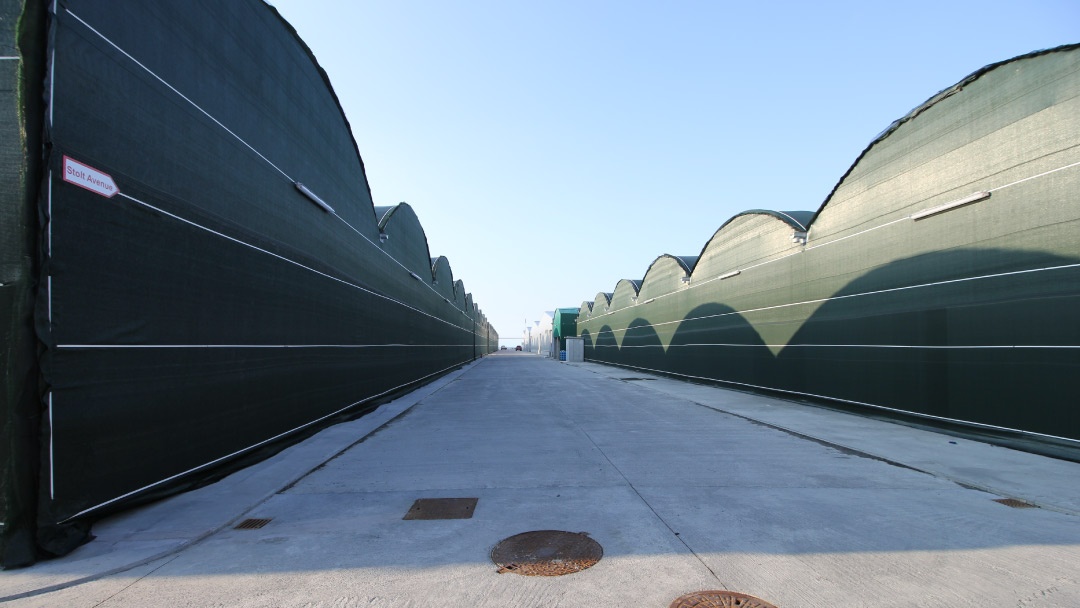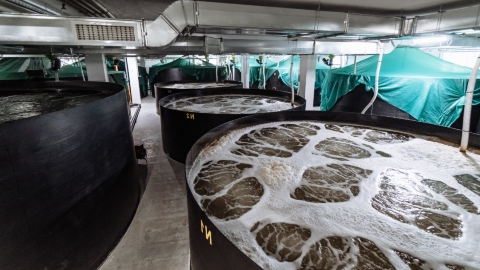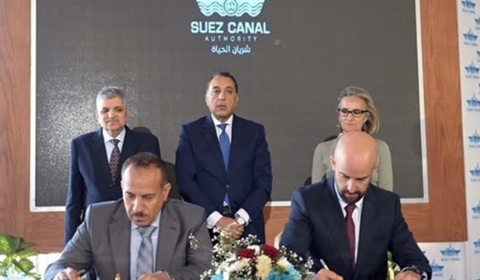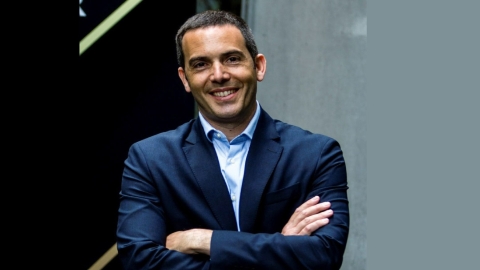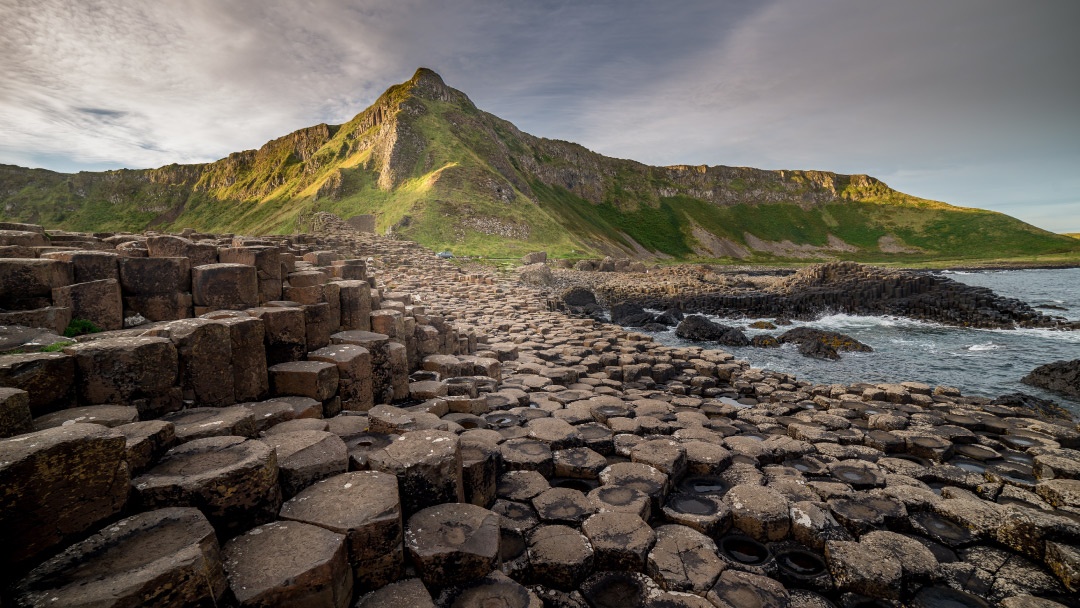
Stolt Sea Farm has recently celebrated the ten-year anniversary of its warm seawater operations in Iceland – a unique approach to sustainable seafood production which is fast gaining interest with other eco-friendly producers.
Located within HS Orka’s geothermal power complex on the Reykjanes Peninsula, southwest Iceland, the facility is the result of a strategic partnership initiated in 2012. Stolt recognised the untapped potential of combining geothermal heat from sustainable power production with arctic seawater filtered through lava fields. This blend allows for optimal farming conditions for species such a sole, with stable water temperatures of 22ºC year-round.
James Hall, SSF’s Aquaculture Development Manager, recalled the early assessments: “We tested the water quality, and it was quite unique. It was at a stable temperature of 32ºC and sterile, as it had been filtered through the lava and ash bed under the surface. This warm water could be mixed with cold seawater, giving the perfect temperature for sole of 22ºC all year round. At the same time, there is huge opportunity for diversification, as water temperatures can be kept at different profiles.”
The site harvested its first batch of sole in 2014 and has maintained steady production ever since. In 2022, Stolt Sea Farm opened the door to other producers, offering them access to its infrastructure and knowledge. This move has already attracted two companies: Aurora Abalone and Iceland Sturgeon. A third firm, focusing on seaweed cultivation, is expected to join shortly.
The park’s resilience was notably tested in 2024, when Aurora Abalone relocated its broodstock to the site amid local earthquakes to ensure their safety. The company no plans to centralise all its operations in Reykjanes. Similarly, Iceland Sturgeon views the site as a springboard for further expansion while continuing to uphold its commitment to sustainable caviar production.
“We are excited that highly innovative companies have come together to harness this pristine environment in a sustainable way and reinforce Iceland’s reputation for quality food products,” said Jordi Trias, President of Stolt Sea Farm. “The park offers great potential to cultivate species such as sturgeon, caviar and abalone using natural resources, minimizing waste and energy and optimizing taste and quality.”
Trias also highlighted the project at the North Atlantinc Seafood Forum in Norway, underscoring the importance of collaboration in driving innovation across the aquaculture sector.
Jón Ásgeirsson, EVP of Strategy, Improvement and the Resource Park at HS Orka, added: “We are pleased to see more aquaculture companies coming together and this is fully in line with the land-based salmon farm project of Samherji fiskeldi ths is a testament to the value of geothermal energy and the unique conditions HS Orka has to offer”.
The Reykjanes Peninsula, known for its dynamic geological landscape and abundant geothermal resources, continues to position Iceland at the forefront of sustainable aquaculture development. The Reykjanes aquaculture park stands as a model of low-energy, high-quality seafood production in harmony with the environment.
